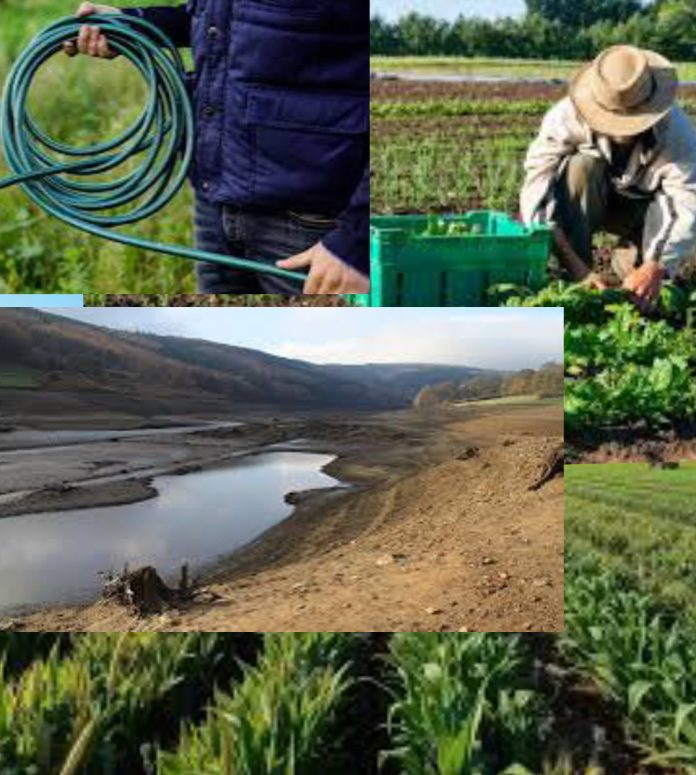England could face drought this summer following the driest start to spring in nearly 70 years, according to the Environment Agency. With reservoirs dropping and crops struggling due to record sunshine and below-average rainfall in March and April, the agency has declared a “medium” risk of summer drought.
Although no hosepipe bans are currently in place, they remain a possible option. The National Drought Group, which includes the Met Office, government officials, water companies, farmers, and conservationists, met recently to discuss water security. Following the meeting, the Environment Agency urged water firms to do more to protect supplies.
“If the prolonged dry weather continues, water companies may need to activate their dry weather plans in the coming weeks and months,” the agency stated. They also called on the public to reduce their water use by installing water butts, taking shorter showers, and turning off taps when not needed.
Deputy Director of Water Richard Thompson linked the increasing frequency of droughts to climate change, warning of more to come. He noted the positive shift in public attitudes towards saving water but pressed water firms to cut leakage and install smart meters.
Water Minister Emma Hardy also pushed for faster action from suppliers, saying firms must “go further and faster” to stop leaks and build essential infrastructure.
April was the sunniest on record, with only 56% of expected UK rainfall. March had just 43% of the UK average, with England receiving only a quarter of its usual rainfall. Meteorologist Chris England attributed the drought risk to a meandering jet stream and high pressure over the UK – both consistent with a warming Arctic.
Reservoir levels in England are currently at 84%, even lower than the drought year of 2022. The northeast and northwest have particularly low levels, and river flows across much of northern and central England are below normal. Wildfires have also broken out in areas such as Cumbria, Derbyshire, and Dorset due to dry vegetation.
Farmers are already having to irrigate crops earlier than usual, increasing pressure on private water storage. The National Farmers’ Union warned that erratic weather is making it harder to maintain food production.







